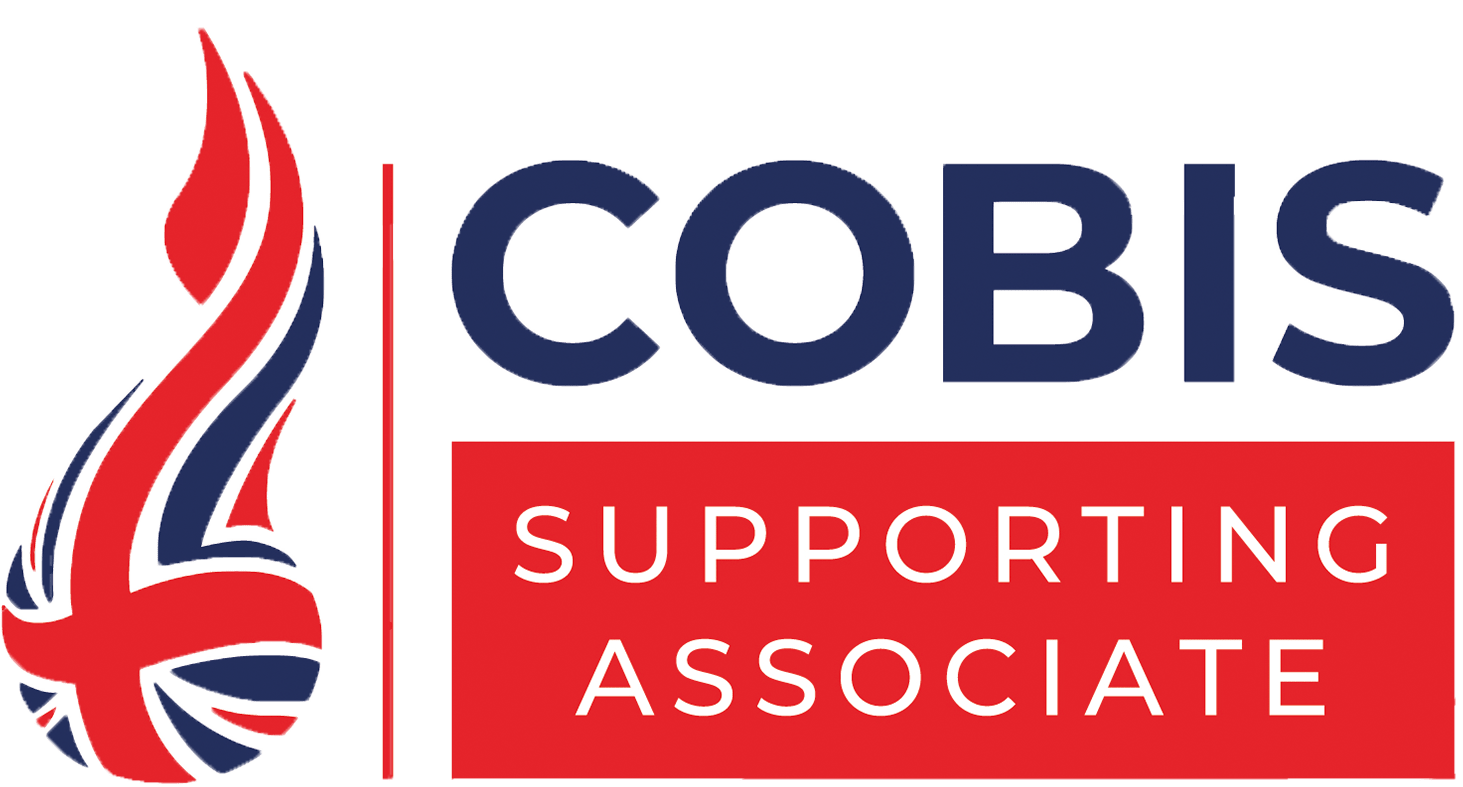Back to school can be an exciting time but it can also be daunting and overwhelming (this applies equally to students, teachers, and school leaders)! The start of an academic year is often optimistic and hopeful, with new students and staff members joining the school community; it’s also an opportunity to look ahead at a new school year.
For many teachers, the start of the academic year can have a similar feeling to the beginning of the calendar year. January is often a time for new year resolutions and a time to make changes and develop new habits, skills, or knowledge. Below are some key pieces of advice on how to approach the new school year to ensure a smooth start and to create conditions for a thriving learning environment.
Reflection:
Naturally, at the start of the academic year, the focus will be on future planning and preparation, but it can also be a useful time to reflect too. Reflections from the previous academic year or term can be helpful when considering next steps and areas for development. It can be tempting to put things behind us, especially things that didn’t quite go to plan or exactly as we had hoped; instead we might tend to focus on a fresh start. Alternatively, teachers can embrace their key reflections and use those experiences and insight to do things differently and better. Reflection is vital to professional learning and development—it should be ongoing and continual, not just final or summative. Taking time to reflect can help shape and focus future priorities; the start of the academic year can be a great time to do so!
Be realistic:
As January approaches, people may start to plan a new fitness regime, sign up to the gym, or aim to eat healthier, to name a few popular resolutions! Some people can do this, but many others struggle to maintain significant lifestyle changes that can be quite radical and difficult to maintain. It is important to set goals that are realistic and sustainable. Overhauling a curriculum, creating brand new knowledge organisers from scratch, and redesigning classroom displays are all well-intentioned… But those goals are often in addition to existing workload commitments and priorities! An over ambitious “to-do list” can lead to feelings of disappointment or even failure. Setting goals and having targets to focus on is helpful, but it’s important to be realistic and manage expectations and schedules.
Establish routines:
The only way the newly subscribed gym member will be successful in their resolution is if they make lifestyle choices and changes that happen over the long term and become established routines. The start of the academic year is the ideal time to focus on establishing clear classroom routines. It is important to explain and model routines and ensure students understand the importance of routines and the rationale behind them. Routines can vary—from how to enter a classroom, answer the register, complete a “Do Now” activity, use mini-whiteboards, or behave and communicate with others. Routines take time to embed, but they are easier to implement before bad habits (which can be difficult to undo) have formed.
We know that part of being a great teacher entails recognising there is always room to become more effective at improving student learning. A new year is a great time to take a moment and implement manageable, yet effective, changes to our practice. These tips can help any teacher approach any new year as something less daunting!
To find out more about classroom routines and creating a climate of high expectations you can complete the ‘Creating a supportive environment’ online course as part of The Great Teaching Toolkit. This course provides an evidence-based overview of how and why a supportive environment helps both teachers and students, and what great teachers do to create it. You will explore how these principles can be applied in the classroom, before practising selecting and adapting individual teaching strategies for different contexts to prepare for the next steps of your personalised professional development.





